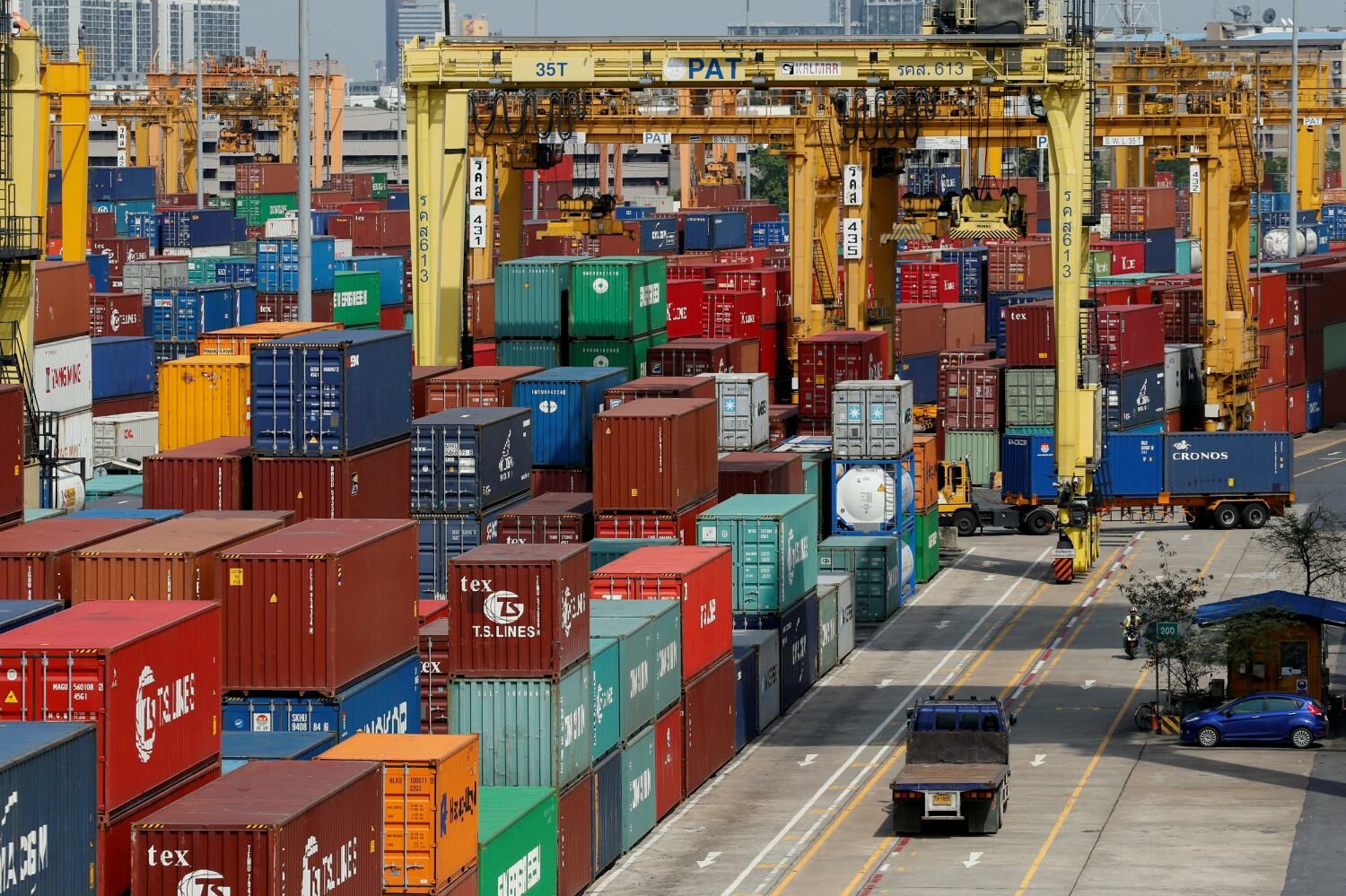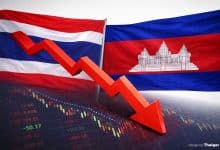JSCCIB to discuss Chinese goods influx and revise Thai economic forecasts

The Joint Standing Committee on Commerce, Industry and Banking (JSCCIB) is preparing to discuss new economic challenges such as the influx of Chinese merchandise. The committee aims to formulate a fresh economic proposal for the Srettha Thavisin Pheu Thai Party-led government.
The subjects are set to be discussed in the committee’s today’s meeting. The JSCCIB intends to confer with the new administration on strategies to combat these economic issues and how the government can provide more efficient support to the business sector, said Kriengkrai Thiennukul, Chairman of the Federation of Thai Industries (FTI), a principal member of the JSCCIB.
“We are keen to include the issue of Chinese goods inflow in the proposal since an increase in imports could impact local businesses, primarily small and medium-sized enterprises.”
Kriengkrai highlighted the rising trend of inexpensive Chinese product imports, which could potentially disturb the trade equilibrium between Thailand and China, reported Bangkok Post.
The JSCCIB is also set to reconsider its growth and inflation predictions in response to changing economic conditions during the Thursday meeting. However, despite export figures remaining subdued for several months, the committee anticipates retaining its 2023 export forecast.
The JSCCIB had previously reduced its export prediction to -2% for the year, a drop from -1%. The committee’s most optimistic export scenario is zero growth.
This export projection considers factors like the global economic slowdown, a decrease in China’s growth forecast to 5.4-5.5% from an earlier outlook of 6%, and increasing interest rates.
Driven by a resurgence in tourism, JSCCIB expects Thailand’s GDP to expand by 3-3.5%. The panel has also revised its inflation estimate to 2.2-2.7%, a reduction from the previous range of 2.7-3.2%, as global energy prices continue to fall, and prices are predicted to slow down in the fourth quarter.
Kriengkrai said…
“We at JSCCIB are keeping a close eye on global economic factors that could influence the Thai economy.”
The committee encourages the government to devise a new strategy to manage energy costs effectively. The FTI points out that high electricity costs are a deterrent for foreign investors and affect the nation’s competitiveness in the global market.
Kriengkrai further emphasised that the new government should have clear plans to tackle energy costs in both the short-term and long term as it is a crucial aspect for businesses.
In related news that highlights the symbiosis of the Thai and Chinese economies, Asian currencies experienced a downturn led by the Thai baht with heightened concerns surrounding the recovering economy of China three weeks ago. Read here to find out more!
Follow more of The Thaiger’s latest stories on our new Facebook page HERE.
Latest Thailand News
Follow The Thaiger on Google News:


























